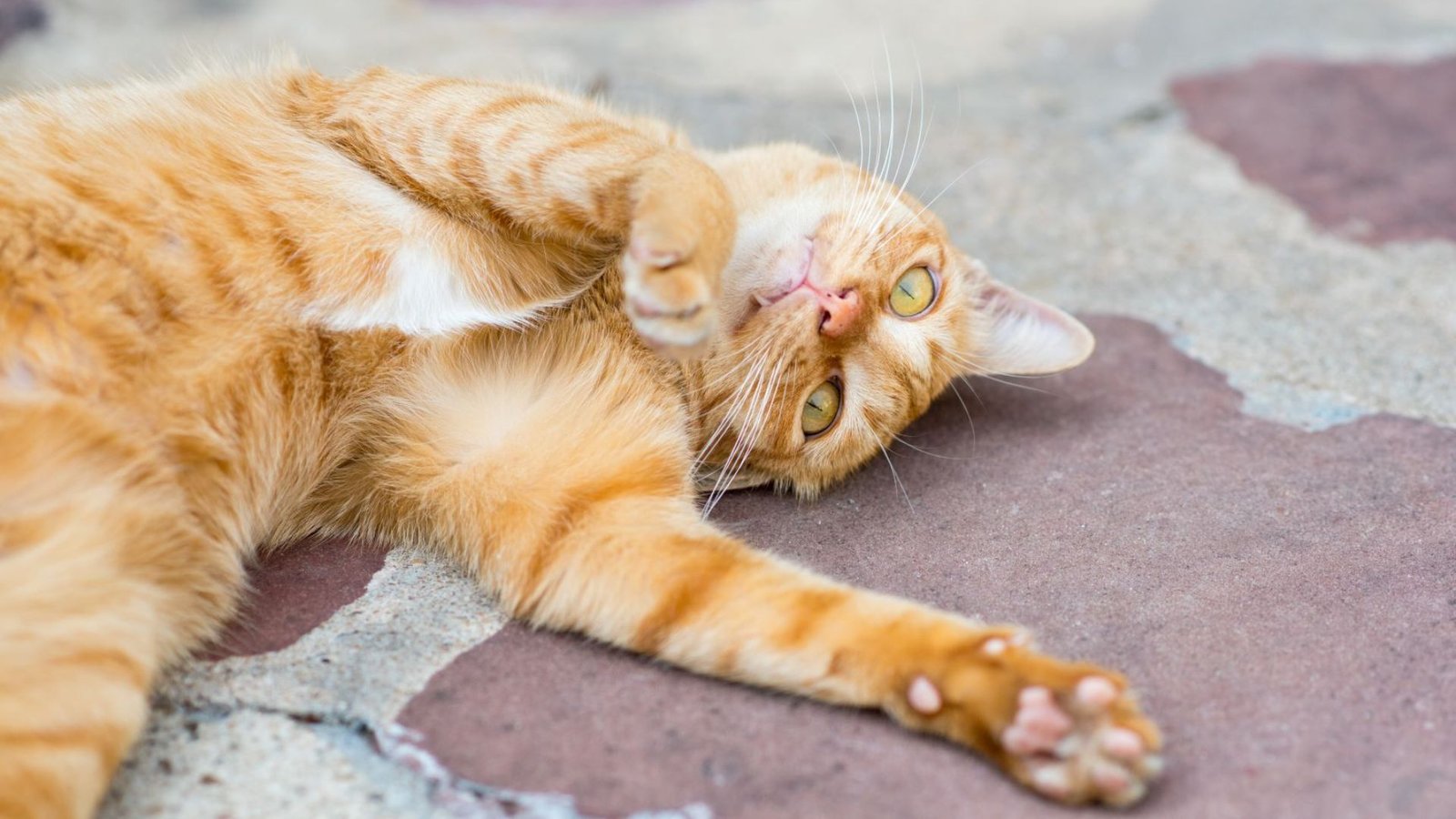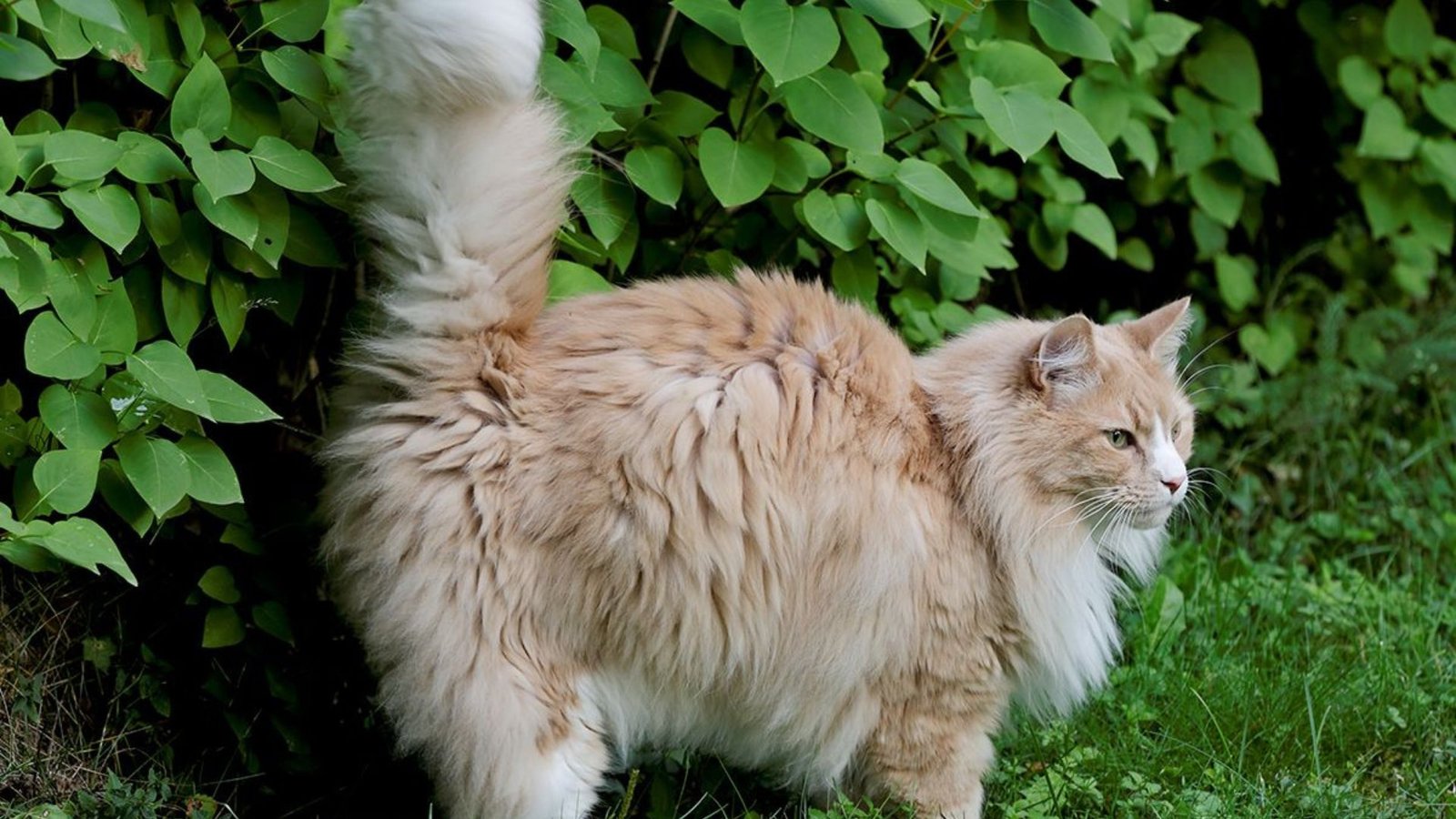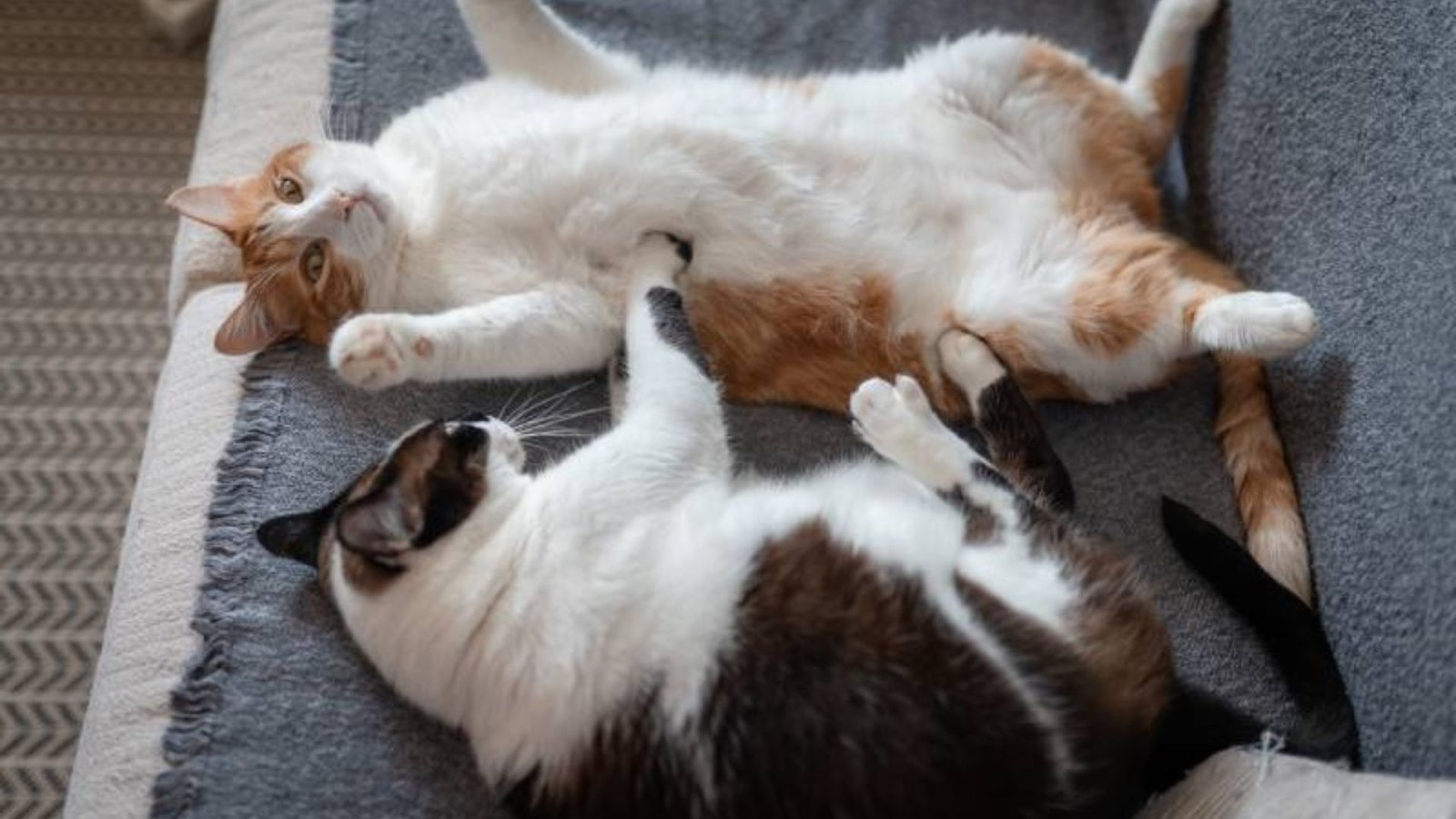As a cat owner, you may wonder, what age do male cats become territorial? Territorial behavior is a natural instinct for cats, and male cats are no exception. Male cats typically begin showing territorial behaviors as they mature, but the timing and intensity can vary. In this article, we’ll explain when male cats usually become territorial and how you can manage this behavior.

1. When Do Male Cats Start to Show Territorial Behavior?
Male cats begin to show signs of territorial behavior as they grow. Territorial instincts develop as they mature and start to understand the need to protect their space. Male cats usually start becoming territorial around 6 months to 1 year of age. At this stage, they are transitioning from kittenhood to adulthood, and their instincts begin to kick in.
Before this age, male kittens may explore their surroundings, but they do not typically exhibit strong territorial behaviors. However, as they approach sexual maturity, their instincts to defend their space and resources become more prominent.
2. Hormones and Territorial Behavior in Male Cats
The main factor behind what age male cats become territorial is their hormones. Unneutered male cats become more territorial as their testosterone levels rise during puberty, usually around 6 months to 1 year. With this increase in hormones, male cats may start to:
- Mark their territory by spraying urine on walls, furniture, or other surfaces.
- Become more aggressive toward other male cats or animals in the household.
- Roam outside in search of mates, which can lead to more confrontations or risks like accidents.
These hormonal changes drive their territorial behavior and urge them to protect their space from other males, especially during mating seasons.
3. Neutering and Its Effect on Territorial Behavior
Neutering your male cat before he reaches sexual maturity is one of the most effective ways to reduce territorial behaviors. After neutering, male cats produce significantly less testosterone, which often leads to a decrease in behaviors like:
- Spraying: Neutered males are less likely to mark their territory by spraying urine.
- Fighting: With reduced aggression, neutered male cats are generally less likely to engage in fights with other cats.
- Roaming: Neutering also reduces the urge to roam, as male cats no longer feel the need to search for mates.
If you neuter your male cat early, preferably before 6 months, you will likely prevent most territorial behaviors from developing. Even if a male cat has already shown territorial behavior before neutering, he may become less aggressive after the procedure.
4. Older Male Cats and Territoriality
Some older male cats, especially those neutered later in life, may still show territorial behavior. This is because certain habits or instincts formed before neutering can persist. Male cats over 1 year of age, even if neutered, might still display behaviors like claiming spaces or being possessive over food, toys, or resting areas.
If you notice your older male cat becoming more territorial, it’s important to ensure that you’re providing enough resources for all cats in the household. Multiple food bowls, litter boxes, and separate resting spots can help prevent territorial disputes.
5. Factors That Influence Territorial Behavior
While what age male cats become territorial generally falls between 6 months to 1 year, various factors can influence how strongly this behavior develops:
- Socialization: Male cats that are socialized early in life may show fewer territorial tendencies. Early exposure to other animals and people helps them feel less threatened and more comfortable sharing space.
- Living Environment: Cats living in larger homes or those that have access to outdoor spaces may show more territorial behavior, especially if other animals or stray cats are nearby.
- Breed: Some cat breeds, like Siamese or Maine Coons, are naturally more territorial than others. The specific breed can influence the level of territorial behavior your male cat shows.
6. Managing Territorial Behavior in Male Cats
If your male cat starts to show territorial behavior, there are a few ways to manage it effectively:
- Neuter your cat if he isn’t already. This is the most effective way to reduce territorial behaviors like spraying and fighting.
- Provide multiple resources for food, water, litter boxes, and resting areas. This helps reduce competition and territorial disputes, especially in multi-cat households.
- Offer plenty of stimulation to keep your male cat mentally and physically active. Engaging him with toys, scratching posts, and playtime can help redirect his energy away from territorial behaviors.
- Avoid punishment. Cats do not respond well to punishment, and it can make territorial issues worse. Instead, try to create a calm and safe environment for your cat.
Conclusion
So, what age do male cats become territorial? Typically, male cats begin to show territorial behaviors around 6 months to 1 year. This behavior is largely driven by hormonal changes as they approach sexual maturity. Neutering your male cat at an early age can significantly reduce these territorial instincts, making your cat calmer and more relaxed.
Understanding your male cat’s natural instincts and providing proper care, including neutering, can help minimize territorial behavior and ensure a happy, peaceful environment for both you and your feline friend.




